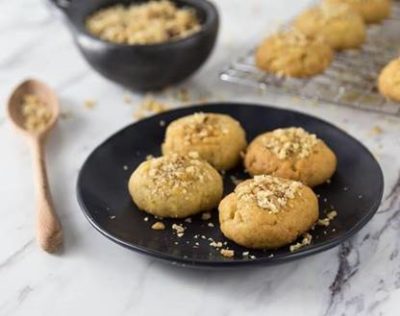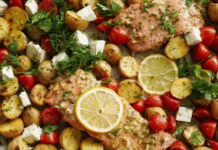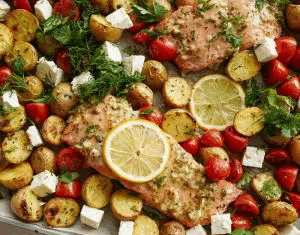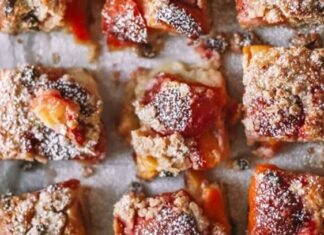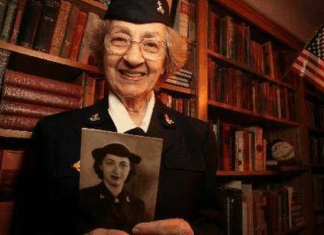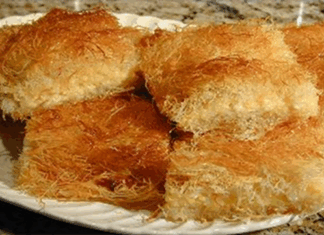The melomakarona is an egg-shaped Greek dessert consisting of flour or semolina, sugar, orange zest and/or fresh juice, cognac (or similar beverage), cinnamon and olive oil. During rolling they are often filled with ground walnuts. made mainly from flour, olive oil, and honey. Along with the kourabiedes, it is a traditional dessert prepared primarily during the Christmas holiday season. They are also known as Finikia in some Greek regions.
Analida Braeger, the creator at Analida’s Ethnic Spoon food blog loves these traditional Greek Christmas cookies. “The Greek Church in my town hosts an annual Greek Festival during the first week of July. It’s always very hot outside, but no one seems to mind. Sometimes the traffic is backed up over a mile away. The grounds are packed with thousands of people eating mouthwatering Greek food, drinking ouzo, dancing to traditional music, and shopping for Greek products, foods, and wares. One item that has stood out for me year after year were these famous melomakarona cookies,” she says.
“After I had my share of savory Greek foods at the festival, it was time for the desserts. These sweet cookies were served on a plate with three other Greek desserts. They stood out because they smelled and tasted just like honey. Once I returned home, I knew I had to learn how to make the recipe. Now I’m able to share them with you, and I know you’ll want to make and enjoy them all year long. Melomakarona is a combination of the two words ‘meli,’ which means honey and ‘makarona.’ ‘Makarona’ comes from the ancient word, ‘makaria’ and means blessed,” she adds.
Rob Waters writes, “Few countries love honey and revere beekeepers more than Greece, and perhaps no country has a deeper history in this craft. It’s woven throughout Greek mythology and cooking.” In Greek mythology, bees were supposed to be the messengers of the gods and honey to be a source of wisdom and poetry. Honey was rumored to provide unbelievable powers. Therefore, in the Iliad and Odyssey of Homer it was mentioned, that the gods of Olympus lived on honey (nectar) and honey wine (ambrosia). In Greek the word “nectar” means “victory over death,” and Ambrosia stands for “immortality.” It is said that Aphrodite, the Greek goddess of beauty, used honey and beeswax for her beauty masks.
“These cookies are moist, crisp and bursting with flavor. Your home will be filled with the smells of Christmas with orange, honey, cinnamon, and cloves. Everyone will enjoy them, and trust me, these cookies will disappear in a blink,” says Analida.
“I have a few tips for you to make sure they turn out perfect every time,” says Analida. “First, you’ll want to make sure your syrup is totally cooled when your Greek cookies come out of the oven. I recommend making it first. You can even make it the day before. It will keep just fine in the fridge.”



